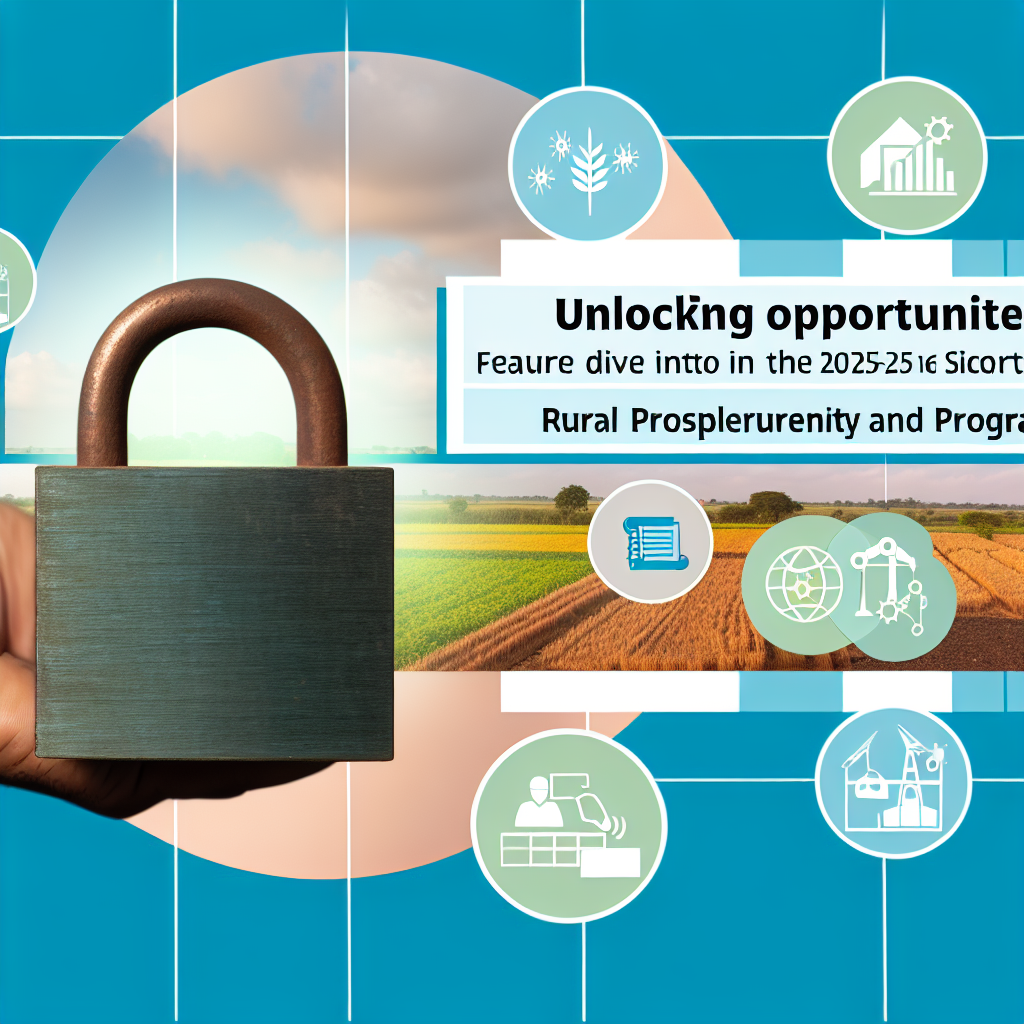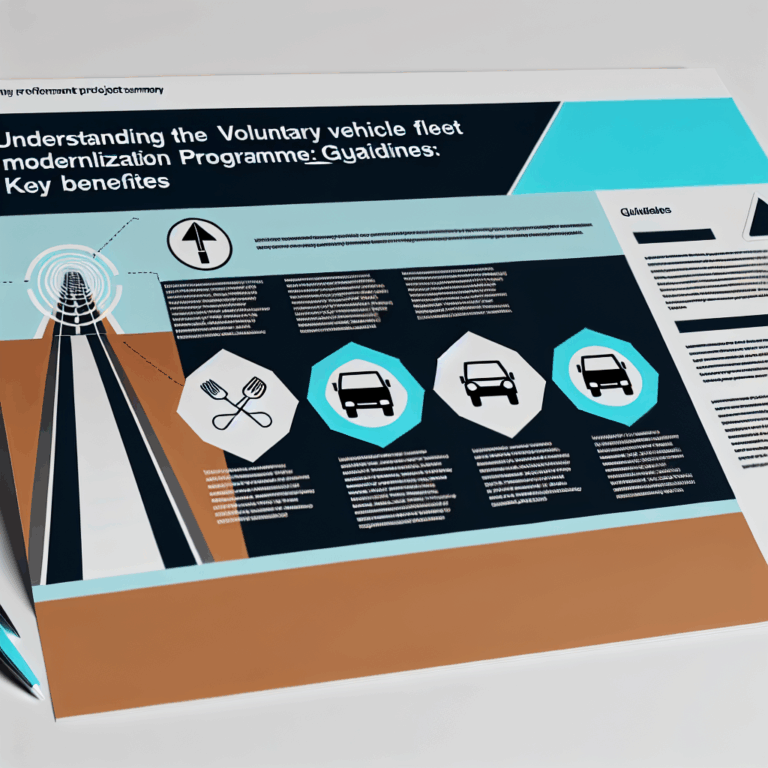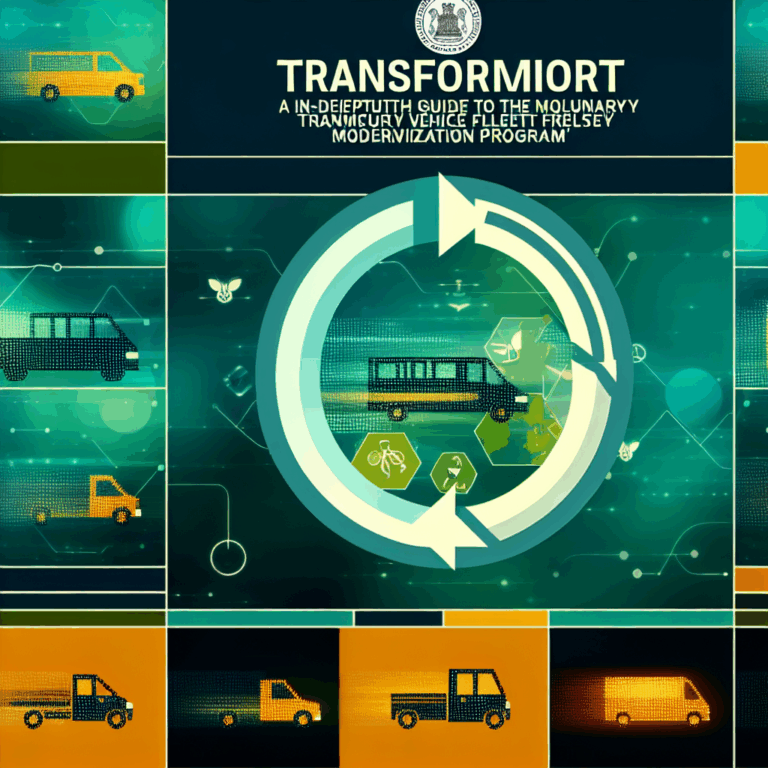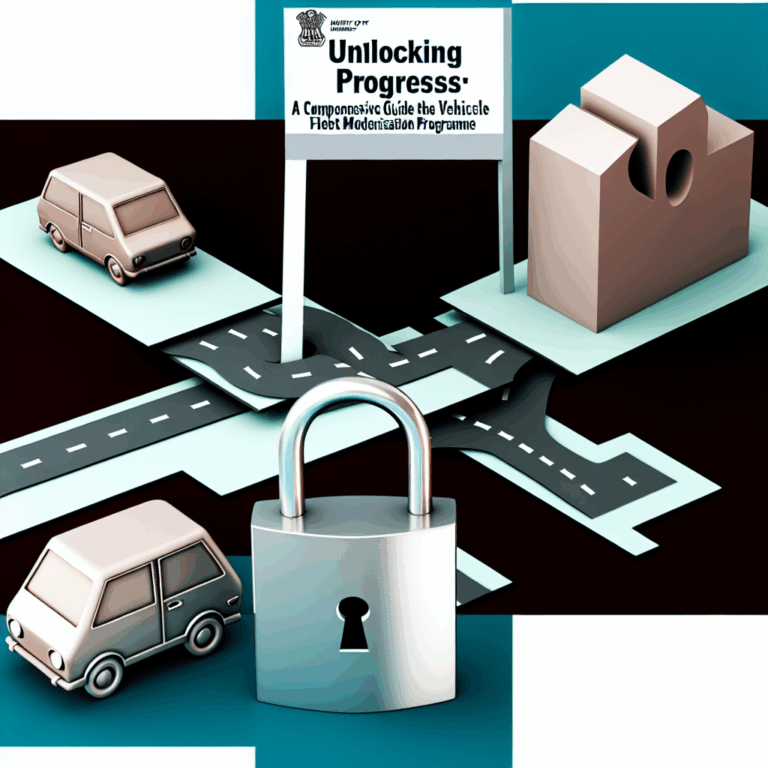Copyright @ 2023 www.digimitr.com. All rights reserved.

Unlocking Opportunities: A Deep Dive into the 2025-26 Budget’s Multi-Sectoral ‘Rural Prosperity and Resilience’ Programme by the Ministry of Rural Development
Discover the key aspects of the government scheme titled “Unlocking Opportunities: A Deep Dive into the 2025-26 Budget’s Multi-Sectoral ‘Rural Prosperity and Resilience’ Programme by the Ministry of Rural Development”. This scheme is managed by the relevant ministry and aims on providing benefits to eligible beneficiaries.
Here is a comprehensive overview:
Introduction
The Ministry of Rural Development has unveiled a transformative initiative in the form of the ‘Rural Prosperity and Resilience’ Programme as part of the 2025-26 budget. This multi-sectoral programme aims to revitalize rural communities and create sustainable livelihoods, focusing on enhancing economic growth, building infrastructural resilience, and promoting social welfare. In an era where rural populations face multiple challenges, this initiative aligns with the government’s commitment to achieving inclusive development and overall national prosperity.
Eligibility Criteria
To ensure that the programme effectively reaches those most in need, the Ministry of Rural Development has outlined specific eligibility criteria. Eligible beneficiaries include smallholder farmers, women entrepreneurs, rural artisans, and cooperatives operating in rural areas. The programme is particularly focused on marginalized groups, including Scheduled Castes (SC), Scheduled Tribes (ST), and other backward classes. Local self-governments, non-governmental organizations (NGOs), and community-based organizations engaged in rural development can also participate as implementing partners.
Key Features and Benefits
The ‘Rural Prosperity and Resilience’ Programme boasts several key features designed to address the unique challenges faced by rural communities. Firstly, it adopts a multi-sectoral approach by integrating agriculture, livestock, skill development, and local entrepreneurship. By fostering collaboration between different sectors, the initiative aims to create a holistic environment conducive to sustainable growth.
Among its numerous benefits, the programme prioritizes capacity development for beneficiaries, equipping them with the necessary knowledge and skills to thrive. Additionally, it promotes sustainable farming practices, ensures food security, and enhances access to markets for rural products. The initiative also emphasizes the importance of women’s empowerment, allocating special funds and resources specifically for female entrepreneurs.
Application Process
The application process for participation in the ‘Rural Prosperity and Resilience’ Programme has been designed to be user-friendly and accessible. Interested individuals or organizations can submit their applications online through the Ministry’s official portal. The application form requires basic personal information, a proposal detailing the intended project, and relevant documentation. After the submission, applicants will undergo a rigorous review process to ensure that proposals align with the programme’s objectives and eligibility criteria.
Once selected, beneficiaries will receive guidance through workshops and training sessions to better prepare them for the implementation of their projects. This supportive approach ensures that applicants are equipped with not just funding but also the technical know-how necessary for success.
Funding and Budget
The 2025-26 budget has earmarked a substantial allocation for the ‘Rural Prosperity and Resilience’ Programme, emphasizing the government’s commitment to rural development. The total budget allocation stands at an impressive ₹10,000 crore, which will be distributed across various sectors such as agriculture, skill development, and infrastructure. The funding mechanism is designed to be flexible, allowing for adjustments based on specific regional needs and project requirements.
Moreover, the financing strategy incorporates a mix of central grants, state government contributions, and potential public-private partnerships. This diversified funding framework not only ensures the adequate financial backing of initiatives but also promotes local ownership and accountability in project execution.
Achievements or Impact
Since its inception, the ‘Rural Prosperity and Resilience’ Programme has made significant strides in various areas. By fostering skill development, many rural youth have found avenues for employment and self-employment, reducing migration to urban areas. The promotion of sustainable farming practices has led to increased agricultural productivity and a rise in farmers’ incomes.
Notably, the programme has successfully facilitated the establishment of hundreds of self-help groups, focusing on women’s entrepreneurship. These groups have not only empowered women but have also contributed to community welfare through collective efforts in business and social initiatives.
Challenges (if any)
While the programme has seen commendable progress, it is not without its challenges. One of the primary issues encountered has been resistance to change among traditional farming communities, who may be skeptical of adopting new practices. Additionally, ensuring the effective integration of various sectors presents logistical challenges, requiring close collaboration among numerous stakeholders.
Another challenge has been the limited infrastructure in certain rural areas, which can impede the implementation of projects effectively. The reach of the programme may also be hampered if potential beneficiaries lack access to technology or the internet, particularly in remote regions.
Recent Updates
Building on its successes, the Ministry of Rural Development recently announced additional initiatives to enhance the programme’s impact. New partnerships with tech companies aim to provide digital literacy training to rural populations, empowering them with the tools necessary to succeed in a digital economy. Furthermore, the Ministry is exploring avenues for increased funding from international organizations to expand the programme’s reach.
Local workshops and outreach programs have also been initiated to raise awareness about the opportunities available under the programme, ensuring that even the most marginalized communities can apply and benefit.
Conclusion
The ‘Rural Prosperity and Resilience’ Programme stands as a beacon of hope for rural communities, promising substantial improvements in socioeconomic conditions while enhancing resilience against future challenges. By focusing on multi-sectoral integration, empowering local populations, and leveraging modern technologies, the Ministry of Rural Development is paving the way for a sustainable and prosperous rural future. Continuous monitoring, evaluation, and adaptive strategies will be crucial as the programme evolves, ensuring that it meets the needs of its intended beneficiaries.
FAQ
1. Who can apply for the Rural Prosperity and Resilience Programme?
Eligibility criteria include smallholder farmers, women entrepreneurs, rural artisans, and local cooperatives. Marginalized groups, including SC and ST communities, are particularly encouraged to apply.
2. What kind of projects can be funded under the programme?
Projects can range across various sectors, including agriculture, livestock, skill development, and women’s empowerment initiatives, among others. These projects should aim to enhance livelihoods and improve the overall quality of life in rural areas.
3. How can individuals get information about the application process?
Detailed information can be accessed on the Ministry of Rural Development’s official website. The site provides guidelines on the application process, eligibility criteria, and resources available for applicants.
For more information, check out official government site,
Official government website or relevant source not provided.
Stay updated on related schemes and initiatives using hashtags: #Unlocking #Opportunities #Deep #Dive #Budgets #MultiSectoral #Rural #Prosperity #Resilience #Programme #Ministry #Rural #Development
Share your thoughts about this scheme in the comments below!





jiUVKRZmxvLgFuUkn
Your comment is awaiting moderation.